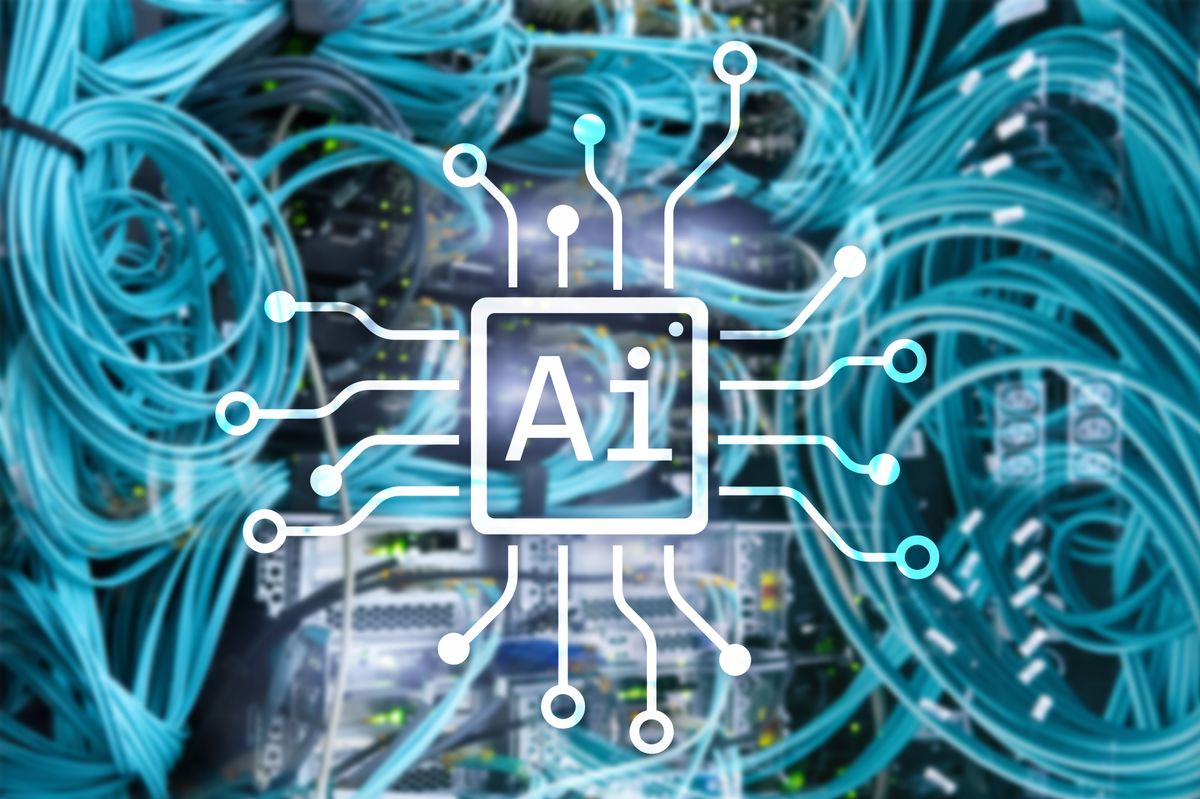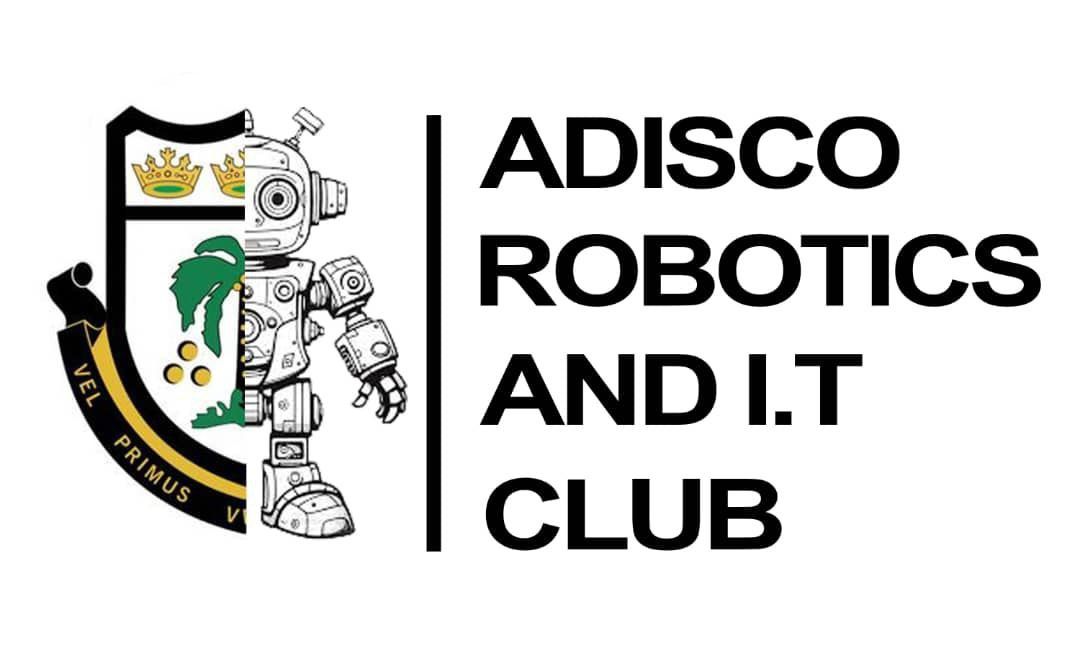AI-Powered Robotics: Unleashing the Future of Automation
AI-powered robotics is revolutionizing the way industries approach automation, paving the way for increased efficiency, productivity, and innovation. By combining artificial intelligence with robotics, businesses can streamline processes, reduce errors, and unlock new possibilities for growth.
One of the key advantages of AI-powered robotics is their ability to adapt and learn from their environment. These intelligent machines can analyze data in real-time, make decisions on the fly, and continuously improve their performance over time. This level of autonomy and intelligence sets them apart from traditional robotic systems.

The Impact on Manufacturing
In the manufacturing sector, AI-powered robotics are transforming production lines by enabling faster, more precise assembly processes. These robots can handle complex tasks with speed and accuracy, leading to higher quality products and reduced waste. As a result, manufacturers can improve their bottom line while meeting the demands of a competitive market.
Moreover, AI-powered robotics are enhancing workplace safety by taking on hazardous or repetitive tasks that pose risks to human workers. By delegating these responsibilities to robots, companies can create a safer work environment and protect their employees from potential harm.

The Role in Healthcare
In the healthcare industry, AI-powered robotics are revolutionizing patient care and medical procedures. Robots equipped with AI algorithms can assist surgeons in performing delicate surgeries with precision and accuracy, reducing the margin of error and improving patient outcomes.
Additionally, these robots can automate routine tasks such as medication delivery, patient monitoring, and data analysis, allowing healthcare professionals to focus on more critical aspects of patient care. This not only enhances the efficiency of healthcare services but also improves the overall quality of care provided to patients.

Challenges and Opportunities
While the adoption of AI-powered robotics presents numerous benefits, it also comes with challenges such as the need for specialized skills to develop and maintain these systems. Businesses must invest in training their workforce to effectively leverage the capabilities of AI-powered robotics and ensure a smooth transition to automated processes.
However, the opportunities presented by AI-powered robotics far outweigh the challenges. From increased operational efficiency to enhanced product quality, the integration of AI and robotics is reshaping industries across the board and driving the future of automation forward.
```
